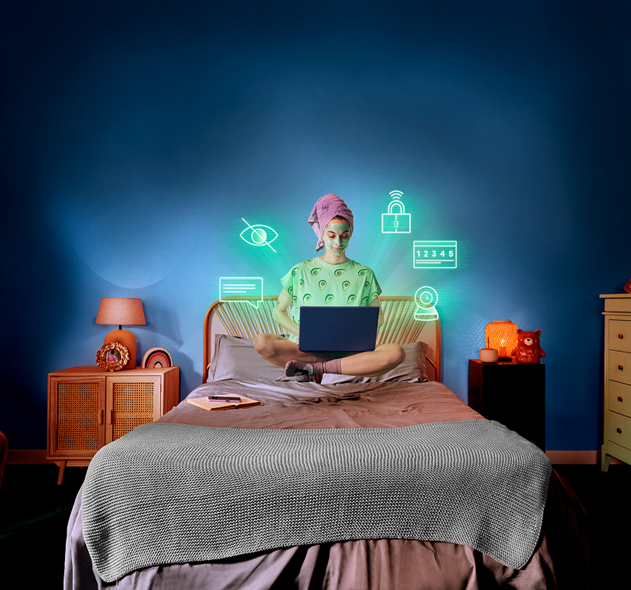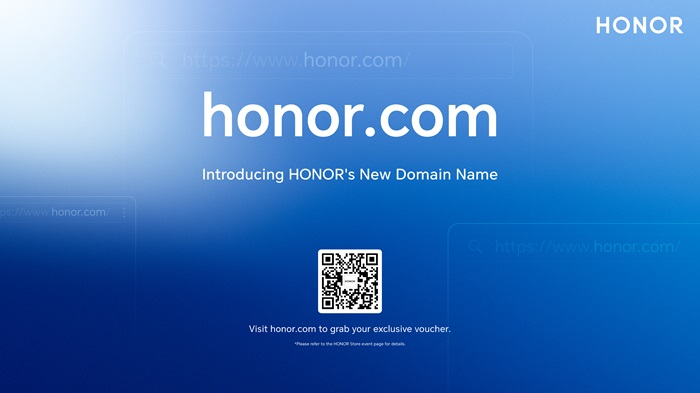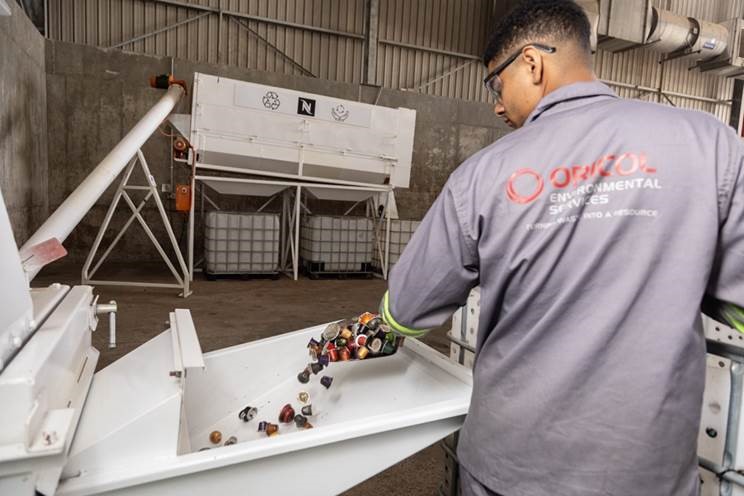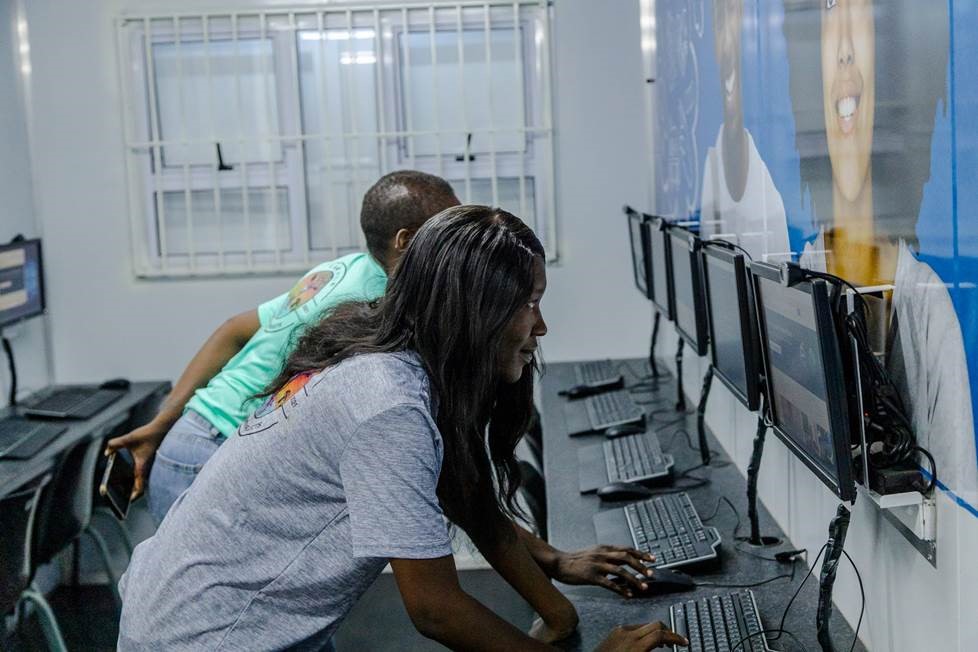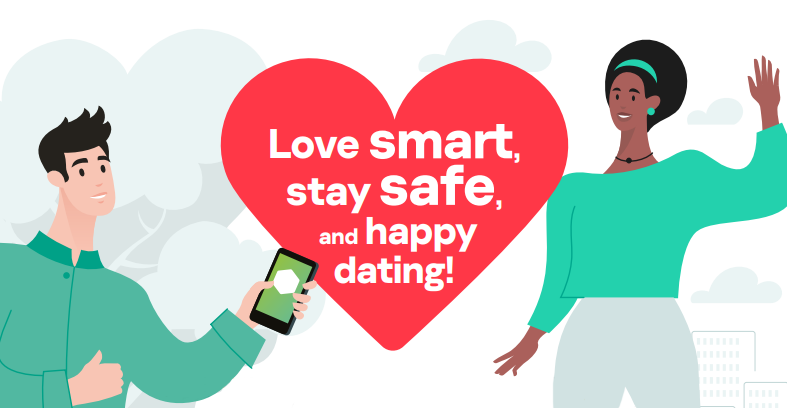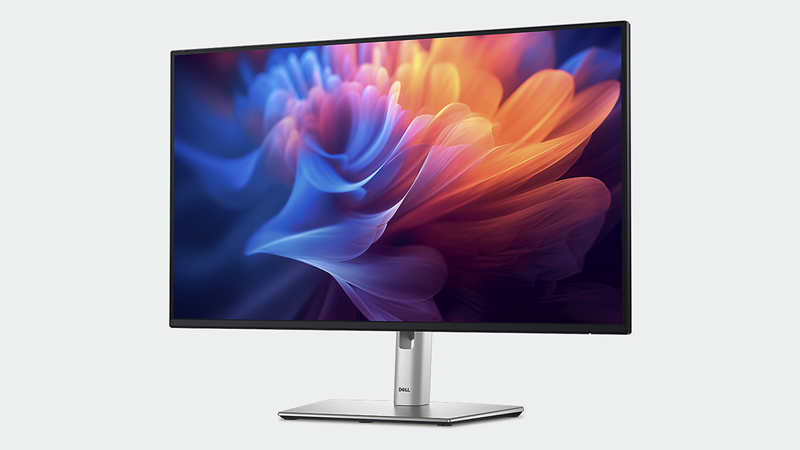As life returns to normal following the festive season break, now is the best time to do some much-needed cleaning of your digital footprint. Not only will this give you a ‘fresh’ start to the year, but it will also enable you to be more productive. Below are several tips from Kaspersky experts to give your digital hygiene a boost.
- Delete unnecessary files
It does not get any more basic than this. However, deleting files you no longer need can take a surprisingly long time to do. While it can be intimidating, especially if you have thousands of files, it is best to start with deleting 20 to 50 files per day. You can start by cleaning up your desktop of all those shortcuts and folders you no longer need. See this as a quick win which will improve your computer’s performance and give you a sense of order. Next steps can be removing unnecessary files as we unfortunately accumulate a lot when surfing the Internet – you can remove these from the downloads folder, while the performance tab of an Internet security app (like that offered by Kaspersky) can help you to check all large files or duplicates in addition to temporary files stored in the deeper layers of your operating system. Once you’ve finished removing unnecessary files, don’t forget to empty the Recycle Bin.
- Clean up your email and messengers
In today’s connected world, it has become easy to be overwhelmed with emails. Start with the basics like unsubscribing from all those newsletters you never get around to reading. Another ‘easy’ task would be to get rid of all those unread messages from months or years ago. If you have not read any of them yet, chances are you will never do. Another great way to declutter your drive is to delete old messenger chats. If they are not relevant to your job or have importance in your personal life, get rid of them. Of course, do not forget to clear out the spam folder. Most email programmes do so automatically but only after a set amount of time or size threshold has been reached. Do a check once a week and delete any spam messages. This is also a great way to see if there are no relevant messages that accidentally found their way into the spam folder. Always remember, when you are unsubscribing from email messages, to confirm that the URL in your browser coincides with what you intend on unsubscribing from before entering any login credentials (if at all required). This is to prevent possible phishing attacks stealing your details.
- Uninstall unused applications
Whether on your smartphone or laptop, chances are you have apps installed that you have not used in a long time. Some of them, especially on the smartphone side, you might never have opened since getting your device. These take up storage space and memory and can potentially be a security risk if they are compromised due to being outdated. Start by deleting one unused app per day. Soon, your device will be feeling ‘fresh’ from the freed-up storage space. You will also be surprised the level of permissions certain apps have to your files and/or your device location.
- Turn off unnecessary notifications
Another challenge of our increased connectedness is the number of digital notifications we receive. Whether it is from a fitness app or a birthday reminder, things can quickly get out of control. You can either decide to disable all notifications, but this defeats the point of getting them in the first place. Rather, identify the apps that abuse notifications and disable these. Many devices have introduced a focus mode that you can activate to temporarily disable notifications while you are attending a meeting or need to concentrate on a specific task.
- Check your passwords
This is probably the thing that people dread the most. Very few adhere to good password management practices, often using the same password for all their digital accounts. But now is the time to kick this bad habit and start using a tool like Kaspersky Password Manager. This application shows which of your passwords might be unsafe, and helps you create secure and unique ones using random generators. It stores passwords in encrypted form and automatically synchronises them across all your devices.
“In a digitally driven and connected world, regular users of digital devices should always consider their cyber hygiene – the steps they can take to improve their online security and maintain system health. A fundamental principle of cyber hygiene is that it becomes part of everyday routine. Using a reliable security solution like Kaspersky Premium and training yourself to form good habits around information technologies will help you stay protected and productive,” says Brandon Muller, Technical Expert for the MEA region at Kaspersky.
Article Provided


